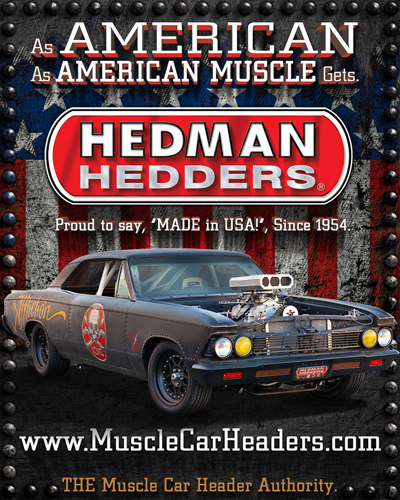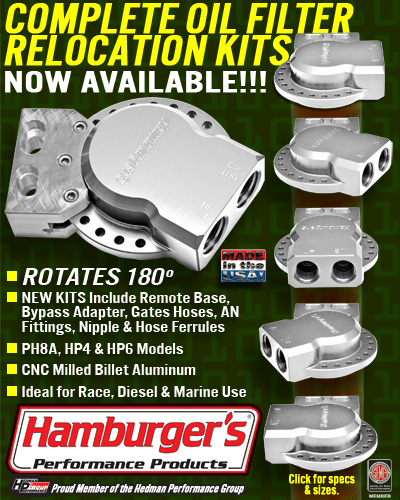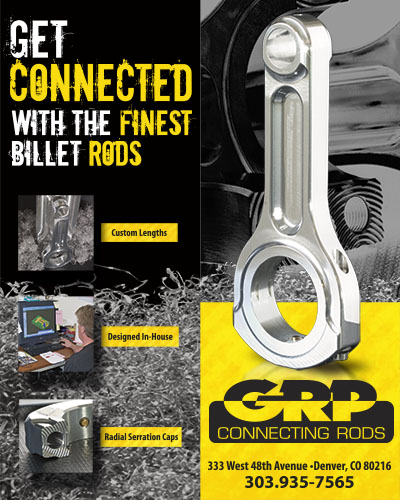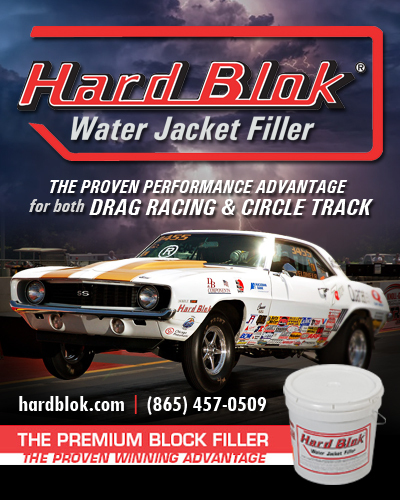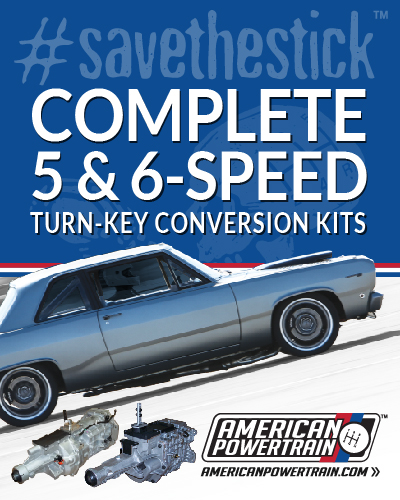BOBBY BENNETT: IT’S TIME FOR A DIVORCE
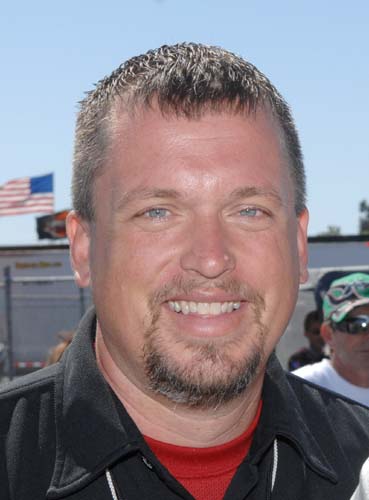
Jim Hughes has it right.
In a recent interview with CompetitionPlus.com, the longtime sportsman sponsor and racer said what some NHRA officials would like to say but cannot for political reasons.
Hughes wonders if it isn't time to separate the professional and sportsman racers from competing at the same venue.
This topic is one which has been bantered around the sport and has proven a lightning rod of controversy for those who suggest a change of tradition would be best for the parties involved. With a sportsman only venue, sportsman racers could have their own playground where competition is tailored to their needs and likely not to include racing on a cold track at sunrise or well after sundown, getting canceled due to time constraints or getting mired in muddy pits because there’s nowhere else to park.
There comes a time in any dysfunctional relationship when the parties involved must agree to disagree, and chart different paths. A true race fan would be hard-pressed to find a more dysfunctional marriage than what the NHRA and its sportsman racers has experienced for the last decade.
Granted, while this is not a slam on the NHRA, after the recent no-win debacle in Houston the sanctioning body has to ask itself whether it’s in the racing or entertainment business. Those in charge must also ask where the sportsman racer fits in the program.
The Sportsman racers should also ask themselves is the investment of being a small fish in a big pond more advantageous than a big fish in a smaller pond.
If the NHRA believes the morale is high in the sportsman pits today, or has been for the last ten years, they are simply in a state of denial.
As sportsman racer Craig Anderson told CompetitionPlus.com in an article about the recent Houston sportsman pit debacle, “We race all weekend for a chance to win a Wally because they are so hard to come by.” Is the effort really worth the minor amount of recognition?
When ESPN declines to show even the last sportsman final in a two-hour delayed program, it’s just an example of the priority to acknowledge.
There’s not even two minutes in the big show script for the little guy who fought so hard? Just the kind of example which has led many sportsman racers to feel they enter an NHRA event with two strikes against them.
It didn’t used to be this way in the early days of the NHRA. When NHRA’s races were syndicated in an hour-long show, producer Diamond P made a point to showcase the sportsman winners if only for 30 seconds.
Times have changed and the television coverage is just one example.
When Wally Parks was the Lord over all things NHRA, his mantra was the NHRA was to be all things to everyone. Sad to say, drag racing and the NHRA outgrew Wally’s vision with big time sponsorships, multi-car professional teams and a larger television package. Through no fault of the NHRA, they just outgrew the marriage relationship.
On a race weekend, the NHRA’s overworked staff tries to prep a track to two different styles of professional race vehicle racing to two different lengths. Then there comes a third set of demands into the mix, the sportsman, including a Super category, one seasoned track prep artist defined as harder than any other to prep for. Seeing that most of the ticket-paying audience doesn’t come to watch Super Comp or Super Gas makes them third in priority. The times they race in the day should serve as confirmation.
Those who rail on message boards claiming the sportsman racers pay the way for the professional racers are kidding themselves. Immediately figure the entry fees and compare them to the payouts and they essentially off-set. If there’s a discrepancy in the favor of the entry fees over the purse, try adding in the pay for the extra track workers, added insurance premiums and travel costs for bringing in the extra racers.
Let’s face it; the drag racing platform is far more unique than other sports. No other big time professional motorsport, or sport, contests professional and amateur, or in this case sportsman competitors on a regular basis at the same time, in the same arena, at their major events.
Could it be the time has come for drag racing to rethink its tradition of racing in this manner? Has the time come for more sportsman-only national events? Could an 18-race schedule, placing events in each division, be an answer to help everyone? And no, the sportsman nation we suggest isn’t the same as a divisional. Maybe NHRA needs 18 sportsman nationals with three mega events combined with the pros, the Pomona season opener and finale, and of course Indy.
Absolutely the sportsman nationals cannot guarantee sportsman racers the same attendance figures needed to sell to sponsors. However, when paired with a limited nostalgia Funny Car series, Pro Modified tour or booked-in nitro event, it could put the necessary butts in the stands to justify the sponsor dollars.
What price is willing to be paid to make the sportsman racers the stars of their own show?
These are just ideas to create a dialogue concerning what really needs to happen to separate sportsman racers from being victims and not volunteers.
It’s time to move on for both parties and in this case, an uncontested divorce could be the best solution before this turns into a real War of the Roses.























